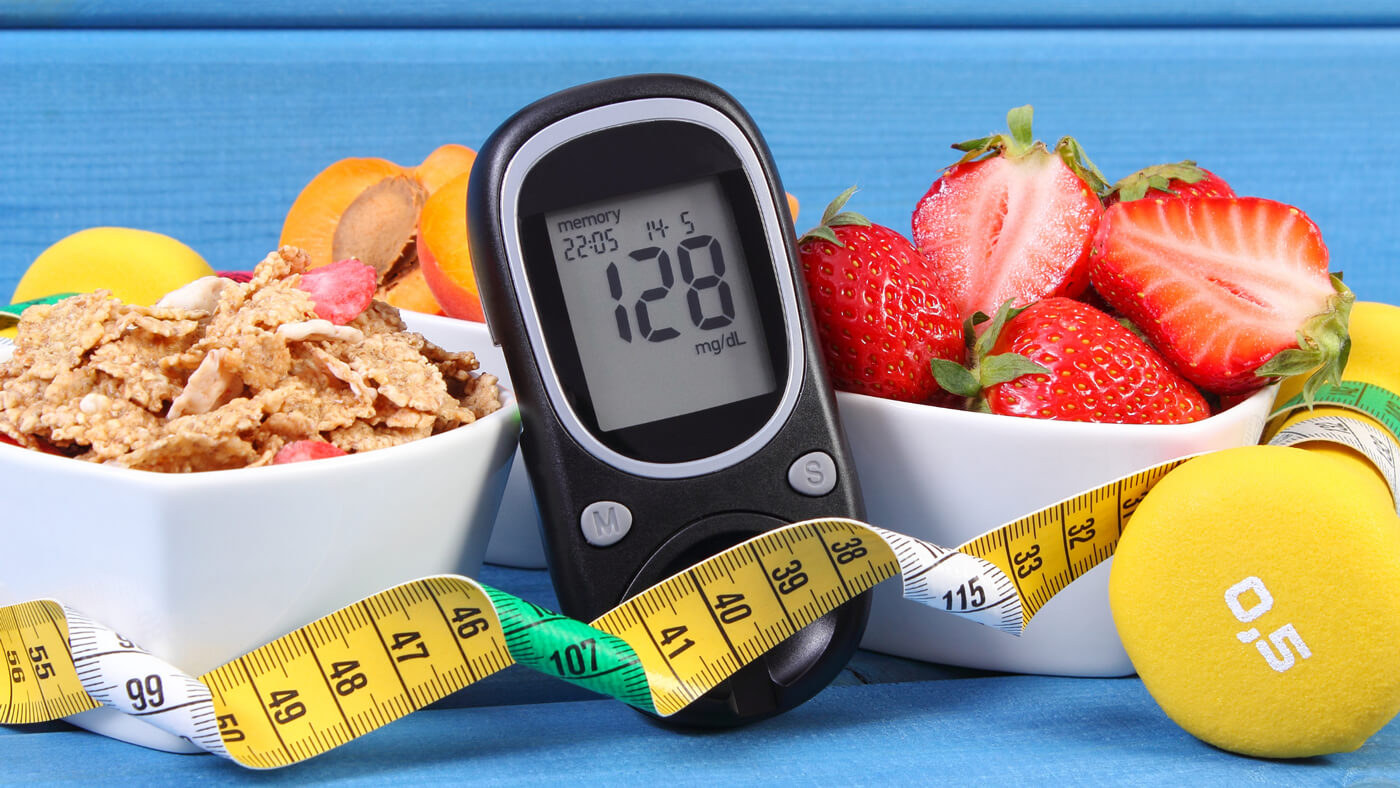When you eat sugars or other refined carbohydrates, your blood circulates that sugar throughout your body. If it is not utilized properly or if levels are kept so high that your body can’t keep up, the result is high blood sugar. This can negatively impact your health in numerous ways, so read on to learn about your body’s ways of telling you that your blood sugar is too high.
Why Should You Care about Blood Sugar?
First, why is your blood sugar so important? A lot of it comes down to insulin. When you consistently eat more sugar than your body can manage, you can develop a condition known as insulin resistance. Without proper insulin function, your body can’t use the glucose from the foods you eat as fuel. That sugar instead stays in your bloodstream, wreaking havoc on your cells and tissues. The long-term health implications can be devastating, so it is important to recognize the signs early.
1. You Have to Pee All the Time
The first common sign that your blood sugar is higher than it should be is that you find yourself having to pee allllllll the time. This is because your kidneys are one of the main organs that process the glucose in your blood, and having high blood sugar can be really taxing on them. When your kidneys are forced into overdrive, they try to lower your blood sugar by excreting that sugar in your urine.
2. Feeling Thirsty
Feeling thirstier than usual or having a very dry mouth can also be signs of high blood sugar. This actually ties into how your kidneys process glucose in the body – when you pee all the time to purge your body of extra sugar, it dehydrates you. Not only are you peeing out all that excess sugar, you are also peeing out the fluids your body needs to maintain adequate hydration.
3. Unexplained Weight Loss
Blood sugar levels that are out of whack can cause seemingly unexplained weight loss. If you’ve noticed the scale dropping (without the intention to do so on your part), your blood sugar may be the culprit. With high blood sugar often comes insulin insensitivity. Your cells need insulin in order to uptake the glucose from your blood and use it as energy, and if there’s a problem in this process, your cells think they’re starving. They start burning muscle and fat for energy, causing you to lose weight.
4. Rapid Heartbeat
High blood sugar can make your pulse race (and sometimes feel very weak while still being very fast). This can feel scary in the moment, and it can have more serious health implications if left unchecked. Your heart relies on complex signaling to function properly, and chronically elevated blood sugar can interfere with this process.
5. Not Feeling Well
If your blood sugar remains elevated for long periods of time, toxins start to build up in the blood, and it can start to impact how you feel. Symptoms of out-of-control blood sugar can include vomiting, nausea, headaches, or stomach pain. If you often find yourself feeling “off,” you might want to look at your blood sugar levels as a potential culprit.
6. Shortness of Breath
Uncontrolled high blood sugar can damage blood vessels and other structures within the body, and one of the results is rapid or labored breathing. If you often feel short of breath, blood sugar (and potentially insulin resistance) may be at fault.
7. Fatigue or Trouble Concentrating
If you always feel tired, no matter how much rest you get, your blood sugar may be to blame. High levels of glucose accumulating in the blood can make you feel sluggish or “foggy,” making it hard to concentrate or be productive.
8. Your Breath Smells Fruity
A final sign that something is off with your blood sugar is fruity-smelling breath. This is actually a sign of ketoacidosis, a potentially life-threatening condition in people with diabetes that indicates high levels of blood glucose.
The Solution
Fortunately, there are tried and true ingredients that can help you balance your blood sugar levels in a healthy, natural way:
- Chromium improves insulin sensitivity and enhances metabolism. Studies have confirmed that bodies retain less chromium as they age, so it is important to get enough in your diet.
- Cinnamon supports glucose metabolism and promotes healthy circulation. It has also been shown in studies to improve cell sensitivity to insulin.
- Gymnema is an herb used to help maintain blood sugar levels and inhibit sugar cravings. It diminishes the ability of the tongue to discriminate sweet tastes, and there is some evidence that this blocking action continues throughout the digestive tract, helping the body absorb less sugar from food.
- Alpha-lipoic acid is a vitamin-like coenzyme that promotes glucose metabolism and works as a powerful antioxidant – which is important since studies have shown that oxidative stress is strongly associated with diabetes and unregulated blood sugar.
If you experience any of the above symptoms of high blood sugar and want to get your health back on track, click here for blood sugar support.











